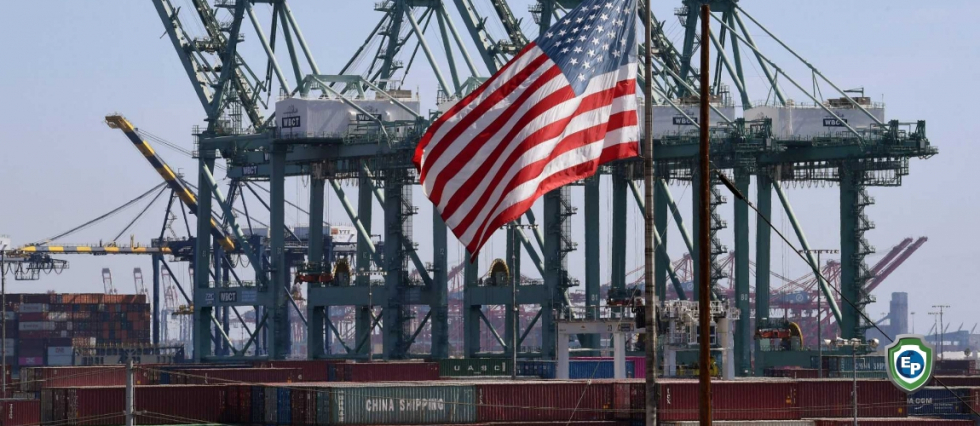Financing trade deficits
A trade deficit is a results from a country buying more goods and services from its trading partner than it sells. Check out this blog to learn more!

A trade deficit results from a country buying more goods and services from its trading partner than it sells. It is also referred to as a negative balance of trade.
Effects of a trade deficit
Although the first impression is that trade deficits are a bad thing, that may not necessarily be true. In the short term, they enable a nation to raise its standard of living by having more diverse products in its market and accessing cheaper products from abroad. Accessing more affordable products also reduces the chances of inflation.
A sustained long term trade deficit, on the other hand, can have negative consequences, most notably it can cause outsourcing of jobs to other countries. A case in point is America, which has a trade deficit that President Trump is not happy with and blames on bad trade deals. The key reason that America has a sustained trade deficit is that it's citizens notoriously spend more than they earn.
How to reduce a trade deficit
Merely spending less and encouraging savings can have a sustainable impact on the deficit. The nation's households, businesses, and government have to reduce spending. This will not only reduce consumption but also reduce borrowing from abroad, which adds to the deficit.
Depreciating the national currency can reverse a trade deficit. A weaker currency makes the nation's goods and services much cheaper for trading partners, and they will buy more. A weaker currency also makes imports more expensive and forces consumers to reign in their spending. Depreciating the currency is a popular solution, but in reality, the issue is a bit more complex

• Its success depends on the price elasticity of exports. If their prices become 10% cheaper, but it only results in a 1% demand increase, then the nation will have less revenue from exports. Alternatively, if a price reduction in exports of 5% results in an increased demand of 20%, then the nation will have increased its export revenue.
• The economic health of trading partners or the world is an important consideration. Depreciating prices during a recession can arguably not increase export revenue since nobody has money to buy anything. Alternatively, if the nation is in an economic boom, then demand for imports will increase despite a currency depreciation.
Reducing foreign borrowing can also reduce trade deficits. Cheap loans from abroad make it easy to borrow money for consumption/imports, by limiting external financing, the nation ultimately reduces consumption/imports.
Reducing borrowing is usually a good thing, but for a nation like the US, it has broader consequences. The US dollar is the world's reserve currency, which is primarily held in the form of debt issued by the US to finance imports. If the US reduces its imports and, ultimately, its borrowing levels, then the world would have to seek new currencies to hold as reserves. The US dollar's premier reserve currency is a crucial economic and political strength, so its reduction can have longterm consequences on the world stage.
Imposing tariffs, barriers, and quotas to reduce imports is generally seen as too risky. Although these actions would decrease imports, it could also decrease exports as opposing nations retaliate with their tariffs, barriers, and quotas. These protectionist measures are usually not an option as they would violate trade agreements and the World Trade Organisation (WTO) rules.
Conclusion
Reducing a trade deficit is possible using long term, sustainable solutions. These solutions should be rooted in productivity gains and strategic policies rather than short term tactics.
Learn More with Export Portal
At Export Portal, we believe in being a truly comprehensive international trade marketplace. That includes helping our users learn everything they need to know about global trade. Subscribe to our newsletter today to stay in the loop!






Comments 0